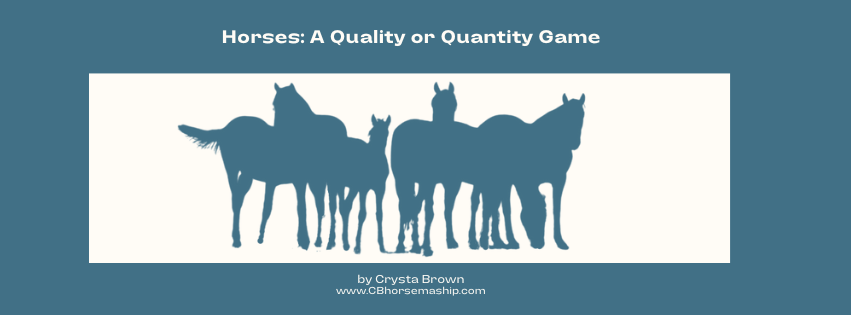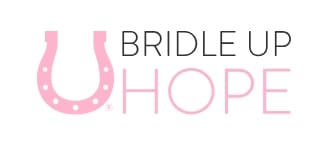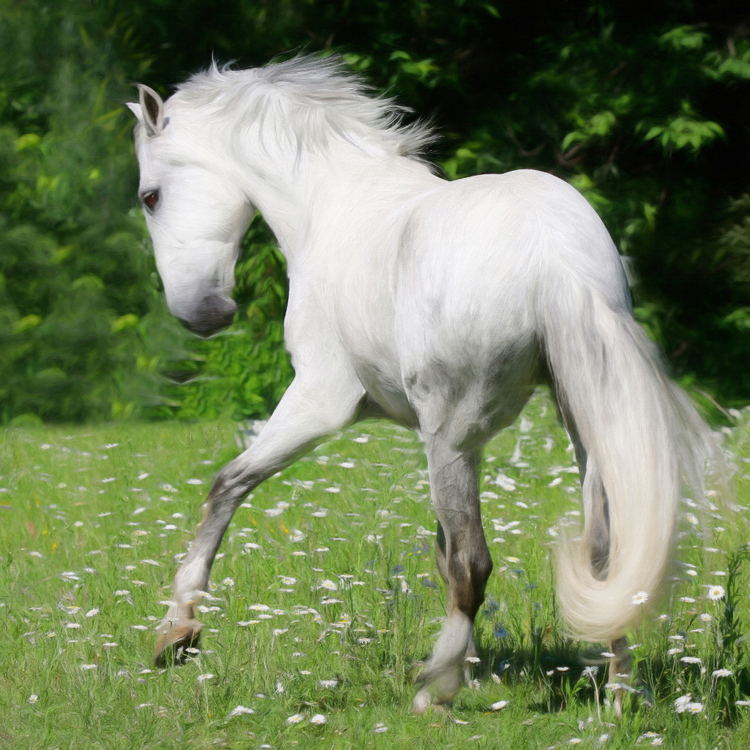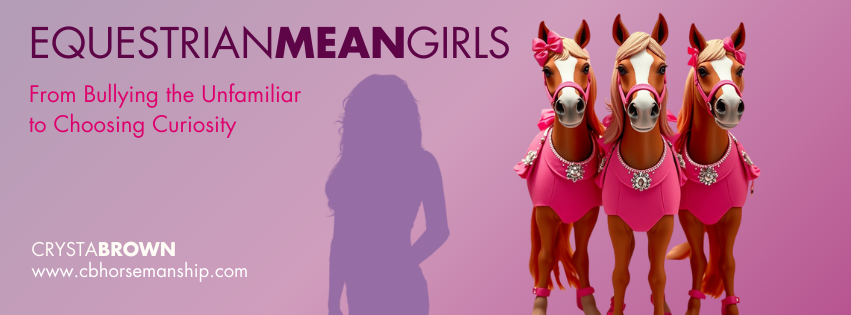Horses: A Quality or Quantity Game

In my early days in Northern Ireland, I noticed a big difference in horse ownership from what I had seen in the United States. So many families had gorgeous little horse properties and kept their horses at home. On paper, what a dream to have your horses in your backyard, and having lots of horses sounds even better —more to ride, more to compete with, and more options for future prospects. In reality, those same people often had big goals of competing at a high level, but something about their situation was keeping them from achieving those goals.
I grew up in a mid-sized California town that included both farmland and suburban homes, over the past twenty years, population growth has replaced most of the farmland, and family horse farms with subdivisions. Today, most horse owners in the area are busy professionals with little time for horse care, leading to a surge in full-time boarding and training programs for performance horses. Instead of family horse farms, it’s more common to see owners keeping horses in luxury, high-end training programs out of state, then flying in for monthly practices or just for shows.
I have noticed significant benefits in horse quality and performance due to this shift in the raising and training of the horses.
Horses are more specialized, and clients can keep their hobby as “just” a hobby. However, the downside is the lack of development in true horsemanship. Meaning someone who can do more than just ride, but also understand their equine partner on a deeper level. It is hard to convince clients paying for full-time training to personally learn essential tasks like stall cleaning or recognizing the subtle changes in their horse when they are paying specifically to avoid these responsibilities. This is an unfortunate development because as a horse trainer, I know that tasks like these will teach them to be better overall horsemen.
"The affordability of keeping horses at home often leads families to unintentionally take on large herds."
I find the family horse farms in Ireland and Northern Ireland fascinating because those horsemen still keep their herds at home, and the equestrians I meet are highly knowledgeable and coachable. Their deep understanding of horses makes them intuitive about their horse's emotional state and well-being. But, as with everything, there is a downside. The affordability of keeping horses at home often leads families to unintentionally take on large herds.
While these horses often live comfortably as lovely pasture ornaments, for their owners, the daily responsibilities, such as feeding, grooming, facility maintenance, and health care start to feel like a chore rather than the passion that drew them to horses. Worse, they become so stretched thin that none of the horses receive the focused attention needed for a successful showing. These clients struggled to find a balance, leading to burnout and feeling like they could never meet their horses' needs.
When animal management consumes our hobby time, it becomes nearly impossible to focus on quality training and development. Without consistent training and exercise, horses can't perform at their best. Therefore, as horsemen, we must balance being fair to ourselves and our goals of giving excellent horse care. For personal well-being, horsemen must focus on what brings them joy in the equestrian world. For me, progress brings me joy. The development of myself as a trainer and the development of my horses for performance and longevity keep me motivated on even the worst days. If you feel similar, then it could be possible that you might need fewer horses and more time to connect, train, and grow with the horse you are most passionate about. Quality time matters more than the number of horses when it comes to being a competitor.
For a few clients in Northern Ireland, I feel that they have rekindled their joy by shifting from quantity to quality. They redirected their resources towards focusing on lessons for themselves, or the full-time training for the horses with the most potential, and they have found happy homes for the others. This change allowed owners to focus more on their top horses and rediscover the passion that led them to the equestrian sport in the first place.
I recently spoke with someone attending one of my upcoming clinics who is considering switching to a bosal (western bitless bridle) for her mare. I asked her, “What aren’t you achieving with your current equipment?” After some thought, she realized she was perfectly happy with her horse and riding. My advice? “Then don’t change a thing!”
Not everyone wants to be a top performer, and the good news is, equestrianism is big enough for all of us. Maybe your joy comes from simply being around your herd, and that’s perfect for you. However, for those who want to be the best rider they can and help their horses reach their full potential, it is worth thinking about how they can best invest their time. As Wolfgang Puck said, “The grass is greener where you water it."
"...Equestrianism is big enough for all of us."
Simply put, horsemen should invest their time in what brings them the most joy and consider partnering with a training or boarding program to take the rest off their plate. With a narrow focus, you can give your horse the individualized care and training they deserve and keep yourself on track with what you truly want. At the end of the day, it is not about having more horses, it’s about making the most of the horses you have. If you have high-achieving goals, one or two top-quality horses, partnered with the right experts, can fast-track you toward your biggest dreams. Sometimes, less truly is more.





